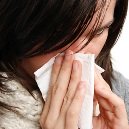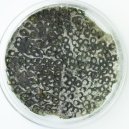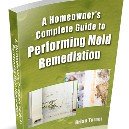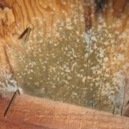Find a pre-screened local mold removal specialist Free Estimate
Find a Mold Specialist Now
Click or Call, Toll-Free 24/7
Mold Allergy Symptoms
If you’ve been sneezing and wheezing lately, you might be experiencing mold allergy symptoms. Mold spore allergy is a fairly common occurrence, occurring when people experience a significant immune system response when exposed to mold. Mold is present most places outdoors but it becomes more of a problem when it’s also present indoors, where exposure to mold spores is increased since there’s less airflow than there is outdoors.
Symptoms of Mold Allergies
Common symptoms of a mold spore allergy include:
- Itching
- Rash
- Hives
- Runny nose or “stuffed up” nose
- Sneezing
- Wheezing
- Difficulty breathing
- Headaches or migraines
- Sore throat
- Itchy, irritated, watery eyes
Symptoms can range in severity from very mild to moderate to extremely severe. Those with pre-existing health conditions, such as asthma, often experience more severe symptoms, as do small children and elderly people, but anyone can become very ill as a result of exposure to mold. Allergy symptoms occur when a person’s immune system responds to an allergen, such as mold, as if it is a threatening substance and experts aren’t really sure why some people’s immune systems respond so strongly while others’ don’t.
How Do You Know If You Have a Mold Spore Allergy?
If you have some of the symptoms described above, you might have a mold allergy. However, mold allergy symptoms are nearly identical to symptoms of other environmental allergies, like allergies to ragweed and pollen, so it’s usually not possible to determine exactly what you’re allergic to based on your symptoms. If you’re experiencing symptoms of a mold allergy, you should see your doctor. Your doctor can do tests to help determine what you’re allergic to.
Let your doctor know if you’ve been exposed to mold in your home. If you’re not sure if you have mold in your home or not, you can have a certified mold tester come in and test the home for mold. If you’re experiencing symptoms of a mold allergy, it’s important to figure out where you’re being exposed in order to limit the exposure as much as possible. Follow the link for a list of certified mold testers in your area.
What If You Are Allergic to Mold?
If you are allergic to mold, your doctor can prescribe medications to help decrease your mold allergy symptoms. If your allergy is severe, your doctor may refer you to an allergist (a physician that specializes in treating allergies) for shots that will decrease your body’s allergic response to mold spores.
You will also need to avoid exposure to mold as much as possible in order to prevent your symptoms from getting worse. Any mold in your home will need to be cleaned up as soon as possible. Doctors usually recommend against cleaning up mold yourself if you’re allergic to it, since the cleanup process exposes you to hundreds of thousands of mold spores that can make your symptoms much worse. Talk with your doctor or an allergist if you’re not sure if it’s safe for you to clean up a household mold problem yourself. Here is more information on removing mold from the home.
To protect your health, we recommend calling in a mold removal professional. A trained professional will know how to do the job safely, without exposing you to excessive allergens. A professional can also make sure all traces of mold are removed, even mold in hard-to-reach places (like inside walls, for example). For a list of experienced mold removal professionals in your area, follow the link. They offer free in-home consultations, so even if you aren’t sure you want to hire a professional, you have nothing to lose by consulting with one.
Additional Reading:
If your pets are showing signs of an allergy and you want more information on how mold affects pets, be sure to read pets and mold.
Return From Mold Allergy Symptoms To Home Page
Free Home Inspection By A Mold Removal Specialist
Search This Website
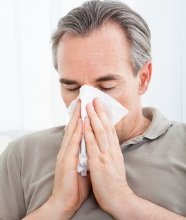
Recent Articles
-
See Our 5 Recommended Mold Removal Companies in Covington, KY
Apr 16, 25 12:59 PM
-
See Our 5 Recommended Mold Removal Companies in Wheaton, IL
Jun 20, 24 10:33 AM
-
See Our 5 Recommended Mold Removal Companies in Aberdeen, SD
Oct 08, 21 04:05 PM
